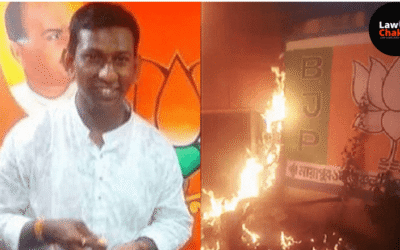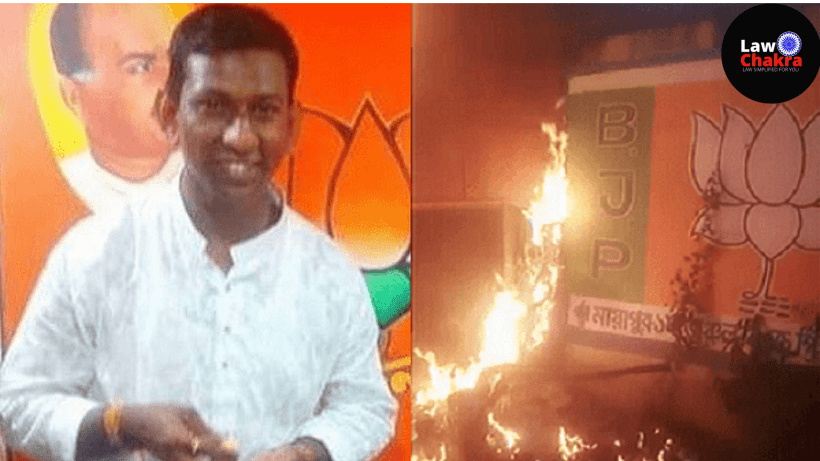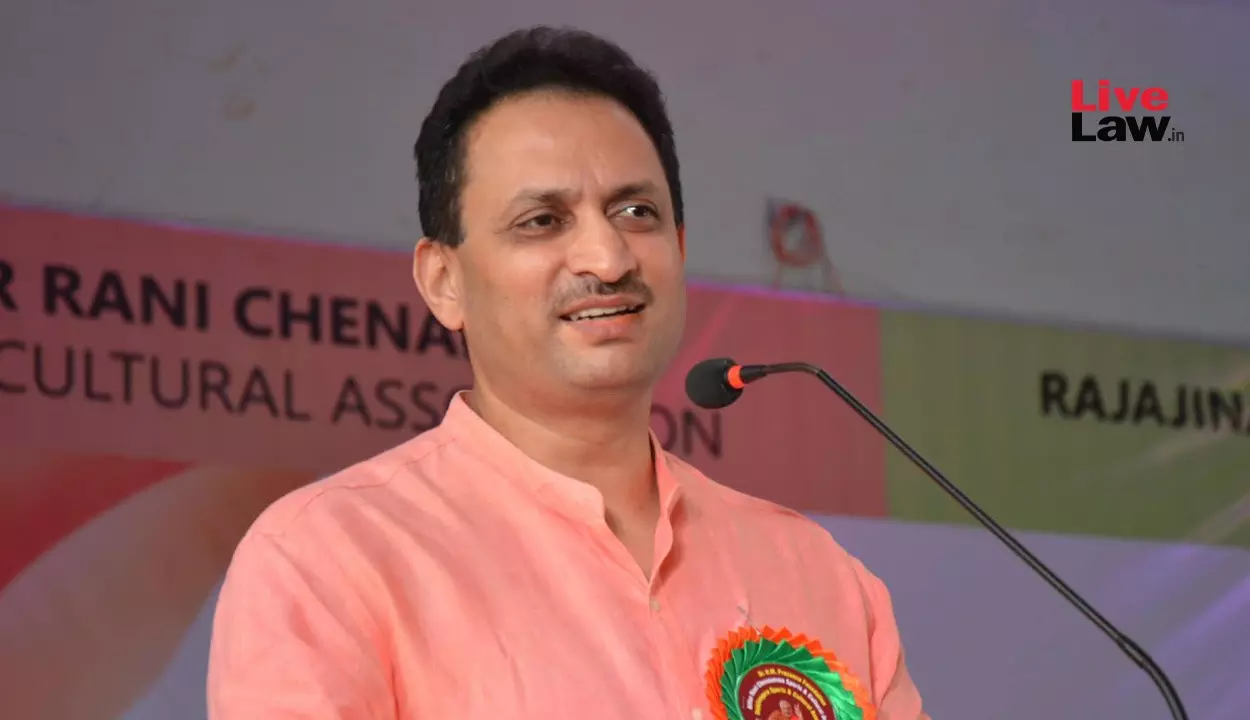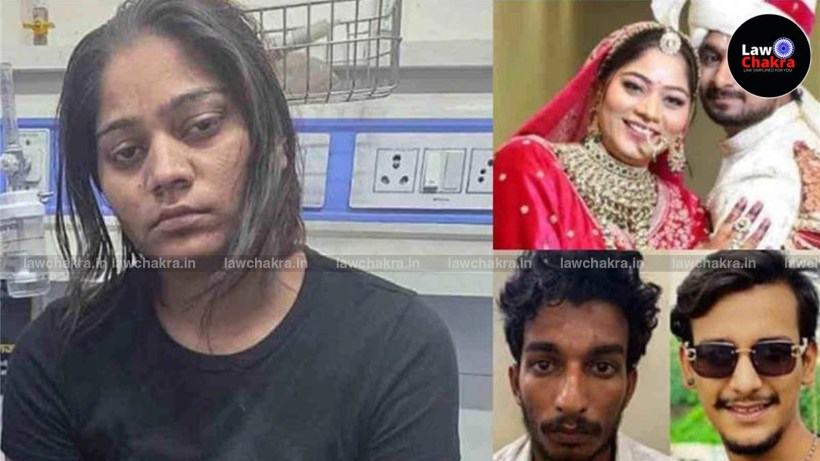State Cannot Impose An Internship Fee On Foreign Medical Graduates

The Kerala High Court set-aside the State’s order that imposed internship fees on foreign medical graduates for the CRMI. The court said the government cannot charge such fees from FMGs undergoing compulsory rotating medical internship in India.

The Kerala High Court ruled that the State cannot impose an internship fee on foreign medical graduates.
This decision came in response to a series of Writ Petitions filed by Indian students who obtained their medical degrees abroad.
Justice N. Nagaresh, in a single bench, stated,
“The NMC Act, 2019 has been enacted to provide for a medical education system that improves access to quality and medical education affordable to the citizens. When the NMC Act, 2019 mandates payment of stipend to medical interns for their service, the State will not be justified in levying internship fee from the Medical Graduates.”
Also Read: Unpaid Stipends: Supreme Court to Hear MBBS Interns Plea in July 2025
Advocates Abhilash K.N., T.K. Ananda Krishnan, Sidharth O.K., V.K. Sidhique, and Farah Jyothi Pradeep represented the petitioners, while Special Government Pleader P.G. Pramod and Standing Counsel Prenjith Kumar appeared for the respondents.
Indian citizens and Overseas Citizens of India (OCIs) who have earned their primary medical degrees from institutions outside of India must pass the Foreign Medical Graduate Examination (FMGE) to obtain registration with the National Medical Commission (NMC) or any State Medical Council.
They need to secure provisional registration with the State Medical Councils to be eligible for the Compulsory Rotating Medical Internship (CRMI).
Foreign Medical Graduates must complete a 12-month CRMI, equivalent to that of Indian Medical Graduates (IMGs), to qualify for permanent registration with the State Medical Councils.
The petitioners in this case had completed their medical degrees in countries such as Russia, Bulgaria, the Philippines, and Guyana. Upon returning after their education, they applied for the Compulsory Rotating Medical Internship (CRMI) and were assigned to various general hospitals.
However, they were required to pay an annual fee for their one-year internship, which was higher than the fees charged to Indian Medical Graduates. Consequently, the petitioners approached the High Court, challenging the Government Orders that set the fee for CRMI, asserting their right to complete the internship without any fee.
The primary legal question before the Court was whether the State Government was justified in charging an internship fee for the medical internship regulated by the National Medical Commission (Compulsory Rotating Medical Internship) Regulations, 2021.
In consideration of this issue, the High Court observed,
“There is no legislation, Central or State, governing internships in India. Internship is akin to apprenticeship. … The interns are deployed to the Medical Colleges / Government Hospitals to discharge the duties of Doctors. They are so deployed only after obtaining Certificate of Provisional Registration from the State Medical Council.”
The Court noted that the provisional registration certificate clearly states that it is valid only for employment in a resident medical capacity at approved institutions or within the medical services of the armed forces, as outlined in Section 25 of the Indian Medical Council Act, 1956, as amended.
It further remarked,
“From the Provisional Registration granted by the State Medical Councils, it is evident that medical graduates who obtained provisional registration and deployed as interns would be working in a resident medical capacity and such engagement amounts to employment. The interns are not deployed to Medical Colleges / General Hospitals for training simplicitor,”
Also Read: Supreme Court Slams States for Failing to Ensure Affordable Drugs, Medical Equipment
The Court also recognized that medical interns gain practical experience as doctors while working in a resident capacity, often examining patients, prescribing medications, and even performing minor surgical procedures.
It concluded,
“The Medical Colleges / General Hospitals are therefore getting benefits of their service, which is in the nature of employment. … The GO(Rt) No.987/2025/H&FWD dated 03.04.2025 issued by the Additional Secretary, Government of Kerala, Health and Family Welfare (S) Department is therefore illegal and ultravires. Consequently, the GO dated 03.04.2025 is set aside. The issue of payment of stipend to the FMGs is left open,”
As a result, the High Court disposed of the Writ Petitions and cancelled the Government Orders.
Case Title: Sharooq Mohammed & Ors. v. State of Kerala & Ors. (Neutral Citation: 2025:KER:38557)





